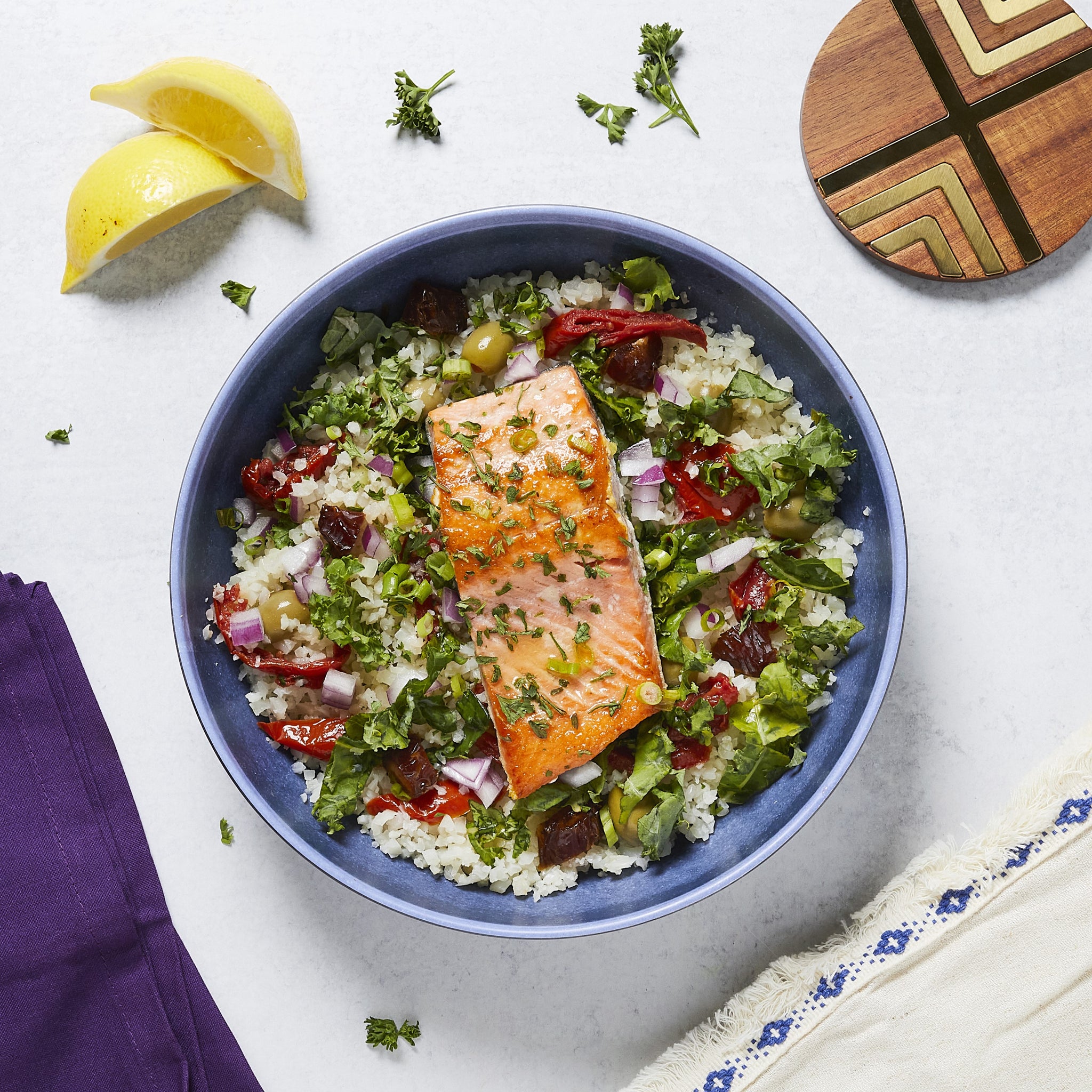Starting a ketogenic diet often means rethinking your food choices, especially when it comes to fruits. While fruits are packed with vitamins, minerals, and fiber, many are also high in natural sugars, which can quickly add up in carbs and kick you out of ketosis. But don’t worry, there are plenty of delicious, keto-friendly fruits that fit perfectly into your low-carb lifestyle.
Why Fruit Choices Matter on Keto
The keto diet focuses on minimizing carbohydrate intake to encourage your body to burn fat for fuel instead of glucose. Since most fruits contain natural sugars (carbohydrates), eating them in excess can interfere with maintaining ketosis. This makes choosing the right fruits essential.
Fruits vary widely in their carb content. For example, a medium banana contains approximately 27 grams of net carbs, which is too high for most keto plans that typically limit carbs to 20–50 grams per day. On the other hand, berries tend to be lower in carbs and higher in fiber, making them a better fit. Raspberries, for instance, contain only about 5 grams of net carbs per 100 grams, making them a delicious option for those on a keto journey. Their rich antioxidant profile also offers additional health benefits, helping to combat oxidative stress and inflammation.
Understanding the carb content and portion size is key. Even keto-friendly fruits can add up if you eat large quantities. The goal is to enjoy fruits that provide nutrients and flavor without compromising your progress. Incorporating fruits like avocados, which are technically a fruit, can be a game-changer. They are low in carbs and high in healthy fats, making them an ideal addition to a keto diet. Moreover, their creamy texture can enhance smoothies or salads, providing a satisfying mouthfeel while keeping your carb count in check.
Another factor to consider is the timing of fruit consumption. Some keto dieters find that enjoying small portions of fruit after a workout can help replenish glycogen stores without significantly affecting ketosis. This strategic approach allows for the enjoyment of fruits while still adhering to the principles of the diet. Additionally, experimenting with different ways to incorporate these fruits, such as in keto-friendly desserts or as toppings for low-carb yogurt, can add variety and excitement to your meals.
Top Keto-Friendly Fruits to Enjoy
Here’s a list of fruits that are generally considered keto-friendly due to their low net carb content per typical serving size. These fruits can add variety, antioxidants, and natural sweetness to your meals and snacks.
Berries: Nature’s Low-Carb Gems
Berries are the champions of keto-friendly fruits. They’re rich in antioxidants, vitamins, and fiber, while keeping carbs relatively low. Their vibrant colors and diverse flavors make them a compelling choice for anyone seeking to enrich their diet.
- Strawberries: About 6 grams of net carbs per half-cup. Sweet and juicy, strawberries are perfect for snacking or adding to salads and smoothies. They also contain vitamin C, which supports immune function and skin health.
- Raspberries: Roughly 3 grams of net carbs per half-cup. Their tart flavor pairs well with creamy keto desserts or plain yogurt. Additionally, raspberries are high in fiber, which can aid digestion and promote a feeling of fullness.
- Blackberries: Around 3 grams of net carbs per half-cup. They’re great both fresh and frozen, adding a burst of flavor to breakfast bowls. Blackberries are also known for their anti-inflammatory properties, making them a smart choice for overall health.
- Blueberries: Slightly higher at 9 grams of net carbs per half-cup, so enjoy in smaller portions. Despite their higher carb count, blueberries are packed with antioxidants that support brain health and may help improve memory.
Avocados: The Creamy, Keto Superfruit
Technically a fruit, avocados are a keto powerhouse. They’re low in net carbs—about 2 grams per half an avocado—and loaded with healthy fats, fiber, and potassium. Their creamy texture makes them a versatile ingredient for salads, smoothies, or simply sliced and sprinkled with a dash of salt. Beyond their delicious taste, avocados are also known to promote heart health and may help lower cholesterol levels, making them an excellent choice for those following a ketogenic lifestyle.
Olives: Small but Mighty
Olives are another fruit that fits perfectly into keto eating. With approximately 1 gram of net carbs per 10 olives, they’re a flavorful and salty snack or salad topping. Plus, they provide heart-healthy monounsaturated fats. Rich in vitamin E and antioxidants, olives may also help reduce inflammation and protect against chronic diseases, making them a smart addition to any meal.
Coconuts: More Than Just a Tropical Treat
Coconut meat is low in carbohydrates and high in fat and fiber, making it an ideal choice for a keto diet. One cup of shredded coconut has about 7 grams of net carbs. Coconut also adds a rich, tropical flavor to desserts, smoothies, and savory dishes. Additionally, coconut oil, derived from the meat, is a popular cooking fat in keto diets due to its medium-chain triglycerides (MCTs), which may boost energy levels and support weight loss. The versatility of coconut extends to its water and milk, both of which can be enjoyed in various recipes while maintaining a low-carb profile.
Fruits to Limit or Avoid on Keto
While the fruits listed above can be enjoyed in moderation, many others are too high in carbs for a ketogenic diet. Here are some common fruits to watch out for:
- Bananas: High in sugar and carbs, a medium banana has about 27 grams of net carbs.
- Grapes: Around 16 grams of net carbs per cup, making them easy to overconsume.
- Mangoes: Sweet and carb-dense, with about 23 grams of net carbs per cup.
- Pineapple: Roughly 16 grams of net carbs per cup.
- Apples and pears both have approximately 20–22 grams of net carbs per medium fruit.
These fruits can quickly use up your daily carb allowance, making it harder to stay in ketosis. If you want to enjoy them occasionally, keep portions tiny and track your carb intake carefully. It's also worth noting that the ripeness of the fruit can affect its sugar content; for example, a ripe banana will have more sugar than an unripe one. Therefore, if you find yourself craving these fruits, consider opting for slightly under-ripe versions to help mitigate their carb impact.
Additionally, there are some creative ways to incorporate flavors reminiscent of these fruits without the high carb count. For instance, you can use extracts or flavorings, such as banana or mango extract, in your baking or cooking. Another option is to explore low-carb fruit alternatives like berries, which are lower in sugar and can be enjoyed more liberally on a keto diet. Raspberries, strawberries, and blackberries are excellent choices, offering a burst of flavor while keeping your carb count in check. This way, you can still satisfy your sweet tooth without jeopardizing your ketogenic goals.
How to Incorporate Keto-Friendly Fruits Into Your Meals
Adding fruits to your keto meal plan doesn’t have to be complicated. Here are some practical tips to enjoy these fruits without breaking ketosis:
1. Use Berries as a Sweet Treat
Berries can be a fantastic way to satisfy sweet cravings. Add a small handful to your morning smoothie, Greek yogurt, or a keto-friendly dessert. Their natural sweetness pairs well with creamy textures and healthy fats. Additionally, berries like raspberries, blackberries, and strawberries are rich in antioxidants, which can help combat oxidative stress and inflammation in the body. You can also freeze them for a refreshing treat on hot days or blend them into a low-carb sorbet for a delightful dessert.
2. Make Avocado a Meal Staple
Avocados are incredibly versatile. Mash them into guacamole, slice them for salads, or blend them into smoothies for a creamy boost. Their healthy fats help keep you full and satisfied. Beyond just being a meal enhancer, avocados are packed with potassium, which is essential for maintaining electrolyte balance, especially important on a keto diet. You can also try avocado-based dressings or dips for a unique twist on your favorite recipes, adding not only flavor but also a nutrient-dense component to your meals.
3. Snack on Olives
Keep a jar of olives handy for a quick, flavorful snack. They’re perfect for nibbling between meals and add a salty contrast to milder foods. Olives are also a great source of healthy monounsaturated fats and contain various vitamins and minerals, including vitamin E and iron. You can experiment with different varieties, such as Kalamata or green olives, and even stuff them with cheese or almonds for an extra treat. Incorporating olives into your salads or charcuterie boards can elevate your meals while keeping them keto-friendly.
4. Experiment with Coconut
Try shredded coconut in baked goods or use coconut milk in curries and soups to add richness without excess carbs. Coconut oil is also a great cooking fat for keto-friendly meals. Beyond its culinary uses, coconut is known for its medium-chain triglycerides (MCTs), which can provide a quick source of energy and may aid in weight loss. You can also enjoy coconut chips as a crunchy snack or incorporate coconut flour into your baking for a low-carb alternative to traditional flours, allowing you to indulge in your favorite treats without the guilt.
Balancing Fruit with Overall Keto Nutrition
While fruits can be part of a keto diet, the focus should remain on nutrient-dense, whole foods that support your goals. Healthy Fresh Meals, for example, offers chef-prepared, fresh meals that balance lean proteins, complex carbs, and plenty of fresh vegetables to keep your nutrition on track without the hassle of meal prep.
Incorporating keto-friendly fruits into such balanced meals can enhance flavor and provide essential vitamins and antioxidants. Remember, consistency is key. Small, mindful additions of fruit can support your health without derailing your progress.
Final Thoughts: Enjoy Fruit Without Fear on Keto
Choosing the right fruits for a ketogenic diet is about balance and portion control. Berries, avocados, olives, and coconut offer delicious, nutrient-rich options that fit within your carb limits. Avoid or limit high-sugar fruits, such as bananas and mangoes, to maintain ketosis.
Eating healthy doesn’t mean giving up flavor or variety. With the right choices, fruit can be a satisfying and beneficial part of your keto lifestyle. If meal planning feels overwhelming, services like Healthy Fresh Meals can simplify your routine by delivering fresh, balanced meals straight to your door, helping you stay on track while enjoying every bite.
Ready to make keto-friendly eating easier? Explore meal options that combine fresh ingredients, balanced nutrition, and delicious flavors-without the stress of cooking.




